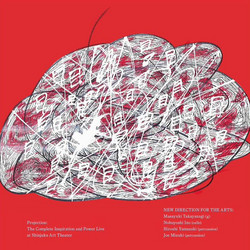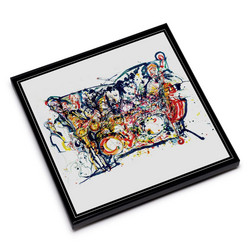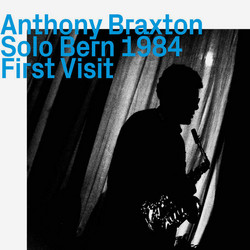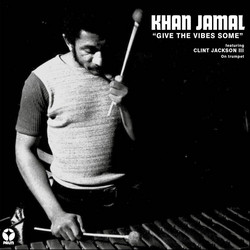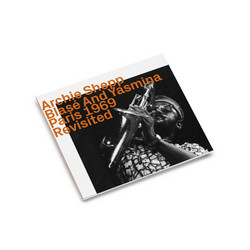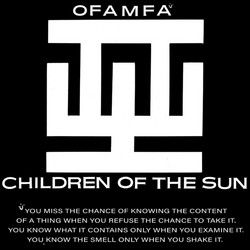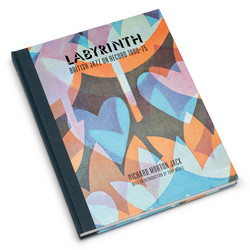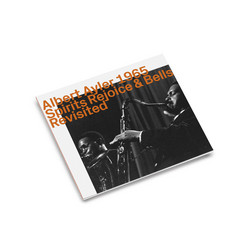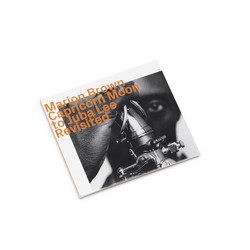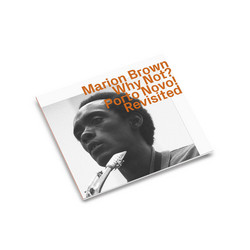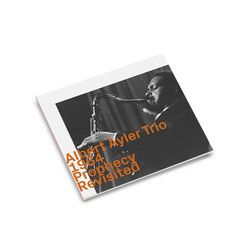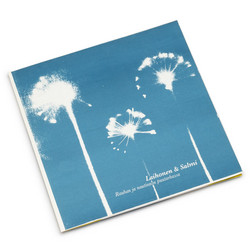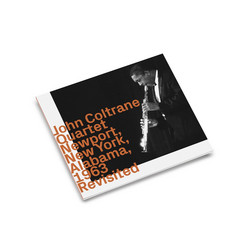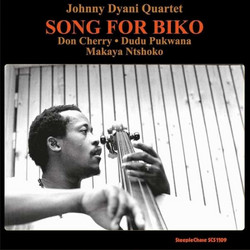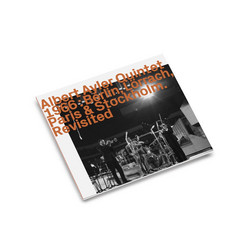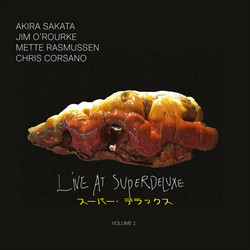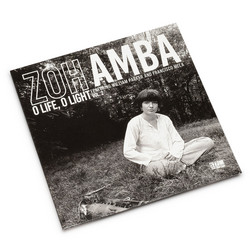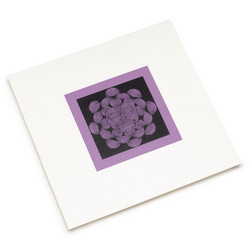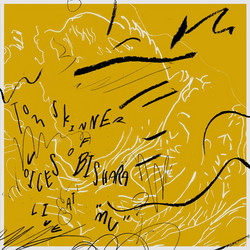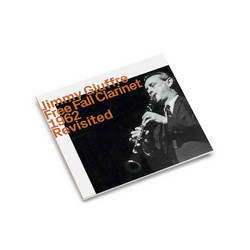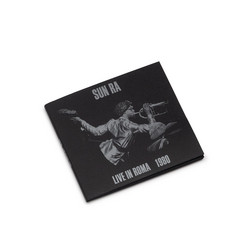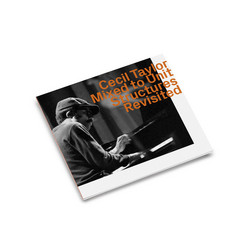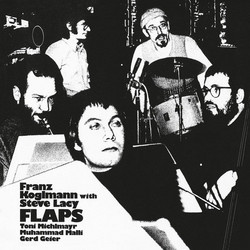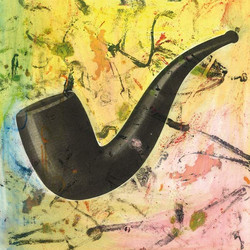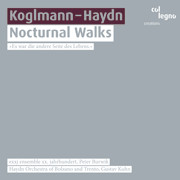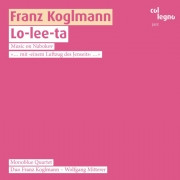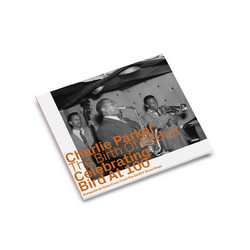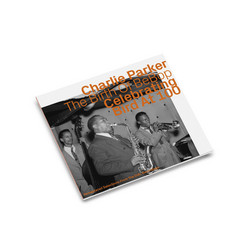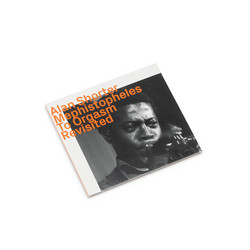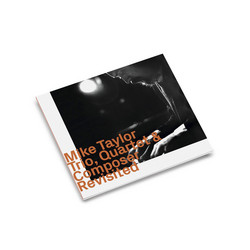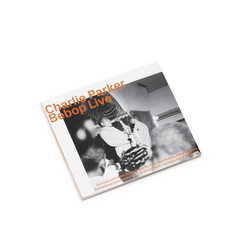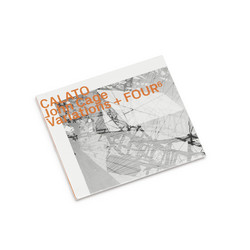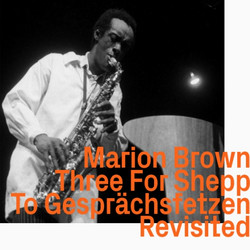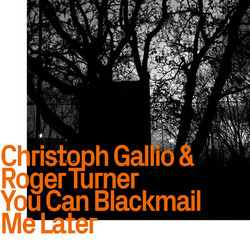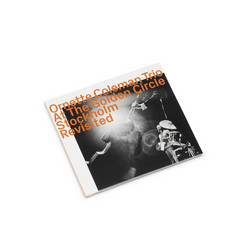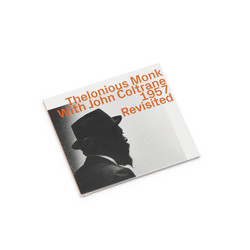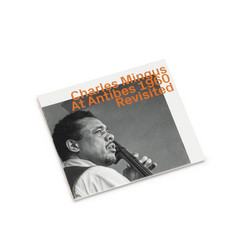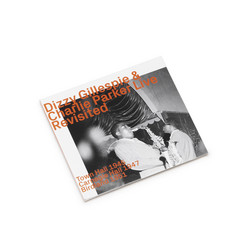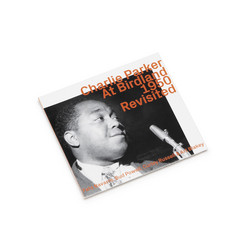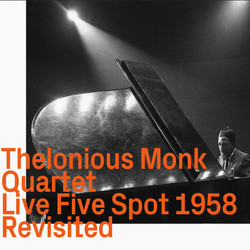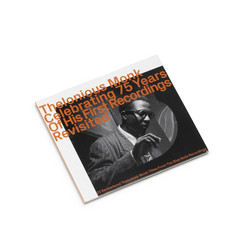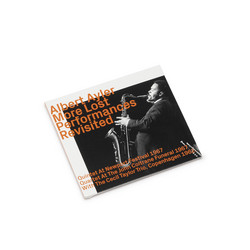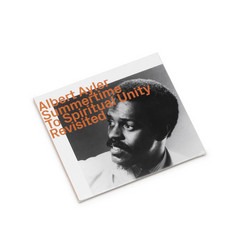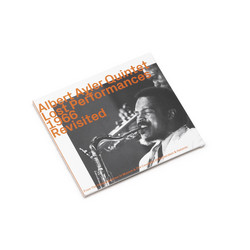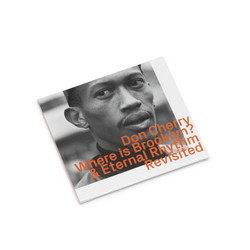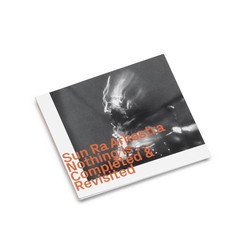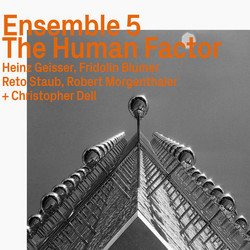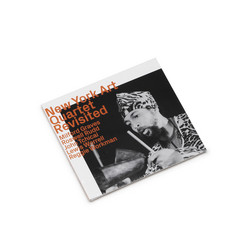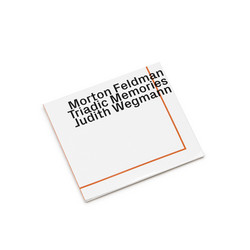**In process of stocking** "So much solitude in this far end of quiet, an isolate mystery no one finally knows... The Chinese poet Po Chu-i's thoughts about solitude, set down approximately 1200 years ago, may still mirror our own; though we live in an over-crowded, over-stimulated age when true solitude may be all-but-impossible to experience, they suggest some of the intimate and inexplicable feelings we confront when and if we turn inward and explore the possibilities of the self. With this program, Franz Koglmann - composer, arranger, trumpeter, and conceptualist - shares with us his musical ruminations on those same mysteries, not strictly of loneliness, but the values of separation, free of distractions and left to our own devices.
Koglmann's contemplations may or may not have initially been inspired by a musical theme - Duke Ellington's tone poem, "Solitude" - but like Ellington he has no qualms about readapting musical ideas to expose a restless creativity. Ellington recorded "Solitude" orchestrally twice in 1934, with the reed writing confiding a melancholy air. In two solo piano takes from 1941, his casual demeanor is reminiscent of Fred Astaire singing Irving Berlin's "By Myself" in the 1953 film The Band Wagon. By way of contrast, he romanticizes the theme in his solil- oquy on 1962's Money Jungle, leaving even Charles Mingus and Max Roach little to do. Outside of the original orchestration, the most effective version may be the one Ellington recorded also in '62 with Coleman Hawkins, where Ray Nance's violin seduces the melody, and the tenor saxophone giant offers an improvisation as suave and sure-footed as, again, Astaire ever danced.
In his own unique fashion, Koglmann has chosen and forged a program which no doubt has a particular meaning for himself, but which resonates in a broadly metaphorical manner. The adaptations and carefully considered originals are acts of homage to inspirational sources - retrieved from memories, re-imagined in this new context, and voiced in his personal syntax, all the product (that is, the fruit) of a creative solitude. Prescribed by his Viennese background (his ear drawn to the chromatic palette of Alban Berg more so than, say, even that of Gil Evans), the instrumentation (represented by a sterling cast of players) is more chamber ensemble than jazz combo - although I prefer the archaic designation "broken consort," to represent the variety of tonal colors he makes deft use of - while at least half of the material is rooted in jazz precedents, albeit no longer bound to jazz procedures.
For example, Jimmy Giuffre's "Finger Snapper" was first recorded in 1955; basically a riff tune, Giuffre distorted the song form with counter point between his baritone saxophone and Jack Sheldon's trumpet, and open spacing for the bass and drums. Koglmann has reconfigured it, with abstracted motifs floating in and out of modulations, a thicket of details. Pianist Dick Twardzik's "Yellow Tango" (1954) is built upon the same bass foundation, but the exotic scoring - as English horn and flugelhorn introduce and elaborate on the melody - and freer harmonic range provide imaginative escape. Similarly, among Koglmann's original pieces, "Salut Solal!" references the French-Algerian pianist/film composer Martial Solal, with disrupted figures alluding to his quick wit and perhaps ever-so-New pieces like the piquant "Untitled" and "Garden with Blue Terrace" (inspired by a David Hockney painting with strong Fauvist or Der Blaue Reiter colors, but significantly empty of people), sprout equally multi-hued vegetation. Finally, the three original pieces which Koglmann calls "Fruits of Solitude I - III" are distinct compositions, rather variations on a mood than on Ellington's melody (though recognizable motifs flourish), as Koglmann's characteristic keen, incisive, atypical harmonies evolve from a wistful ambiance into surprisingly bluesy, noirish, and dancing episodes, respectively.
Solitude may occur in multiple dimensions, of found subtly his long association with the composer/critic André Hodeir; just as "Martians don't go home anymore" is a caricature of the best known of Shorty Rogers' Martian-themed pieces, including the insinuation of a Viennese waltz for good measure.
Solitude invites a re-examination of one's accomplishments; thus the reconsideration of "Leopard Lady" and "For Max." The latter, initially recorded as a clarinet aria, here winds its way through more melodic twists than a cobblestoned Viennese sidestreet. time and vacant space, amid layers of perception and reality, embracing Franz Koglmann's long-held philosophy of "precision in melancholy," and enabling a path of discovery. This is one possibility of the how those discoveries may sound. ...just a few words haunting a far-off mind, asking why it took so long coming here."- Art Lange
